Are you in search of baby clothes that are soft and gentle on your baby’s sensitive skin while also being kind to the Earth? As parents, we know your newborn deserves the best, notably, the most suitable fabrics for baby’s delicate skin. Organic baby clothing is becoming more and more popular, and rightfully so. Organic baby clothing has no harmful chemicals, pesticides or synthetic fabric that could offend your newborn’s sensitive skin or overstimulate their sleep.
In this guide to the best organic baby clothing brands to invest in for 2025, we will also discuss how quality sleepwear can benefit your newborn’s sleep quality without having to resort to cry-it-out techniques.
Why Choose Organic Baby Clothing?
Health Benefits for Your Baby
Conventional cotton is one of the most heavily sprayed crops worldwide, with pesticides and chemicals that can remain in the fabric even after processing. Organic cotton, by contrast, is grown without :
- Harmful pesticides
- Synthetic fertilizers
- Genetically modified organisms (GMOs)
This makes organic clothing significantly less likely to cause skin irritations, allergic reactions, or respiratory issues in babies whose immune systems are still developing.
Environmental Impact
Beyond the benefits to your baby, organic clothing brands typically embrace :
- Sustainable farming practices
- Reduced water consumption
- Lower carbon emissions
- Ethical labor standards
Did you know? Organic cotton farming uses up to 91% less water than conventional methods, making it a far more sustainable choice for our planet’s future.
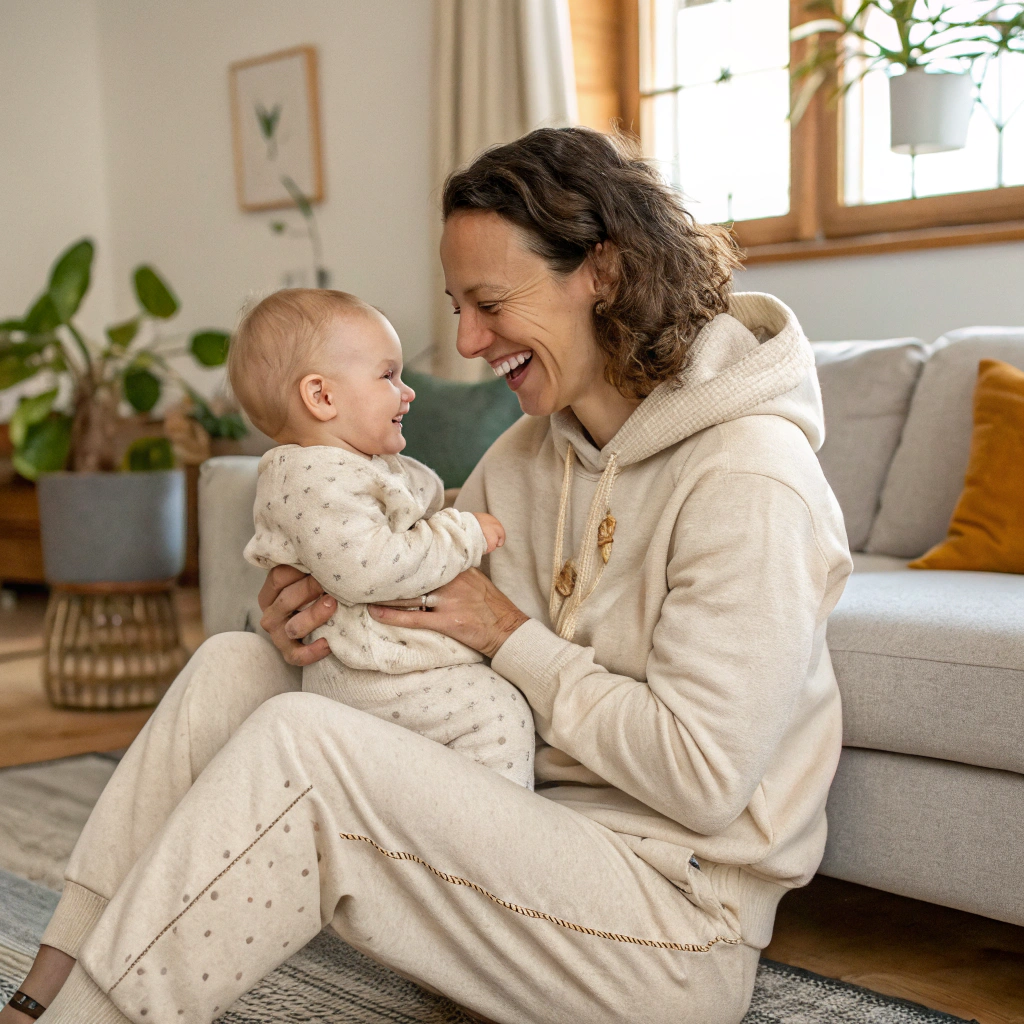
Top Organic Baby Clothing Brands for 2025
Luxury Organic Options
1. Burt’s Bees Baby
Burt’s Bees Baby follows the principles set forth by its parent company by providing adorable and durable 100% GOTS-certified organic cotton clothing.
What we love : Their sleepwear line has cozy fits that are not treated with flame retardants, so you can help with your newborn’s sleep routine without sacrificing safety or comfort.
Price range : $15-40 per item
2. Pact
Pact has revolutionized organic baby wear with their Fair Trade certified factories and carbon-offset shipping options.
What we love : Their super-soft fabrics are perfect for sensitive-skinned babies, and their sleep sacks provide gentle comfort that can help extend newborn sleep stretches naturally.
Price range : $15-45 per item
Mid-Range Quality Brands
3. Hanna Andersson
Known for their legendary durability, Hanna Andersson’s organic cotton pajamas and basics often last through multiple children.
What we love : Their two-piece pajama sets are perfect for nighttime diaper changes without fully disturbing your baby’s sleep—a key component in no-cry newborn sleep solutions.
Price range : $30-60 per item, though frequent sales bring prices down considerably
4. Mini Mioche
This Canadian brand creates minimalist, gender-neutral organic basics that grow with your child.
What we love : Their bamboo-cotton blend sleepwear regulates temperature beautifully, addressing one of the most common factors in disrupted infant sleep.
Price range : $20-50 per item
Budget-Friendly Organic Options
5. H&M Conscious Collection
Fast fashion meets sustainability with H&M’s expanding organic baby line.
What we love : Affordable organic cotton basics that don’t break the bank, allowing you to stock up on multiple sizes as your baby grows.
Price range : $5-25 per item
6. Primary
With their focus on basics in a rainbow of colors without logos or slogans, Primary offers organic essentials at reasonable prices.
What we love : Their zipper footies open from the bottom, making nighttime diaper changes faster and less disruptive to baby’s sleep state.
Price range : $12-30 per item
How Quality Sleepwear Supports Better Infant Sleep
The right organic sleepwear can be an essential part of implementing soothing techniques for newborn sleep. Quality materials offer several advantages:
Temperature Regulation
Organic cotton and bamboo naturally :
- Breathe better than synthetic fabrics
- Wick moisture away from baby’s skin
- Help maintain optimal body temperature, a critical factor in developing a newborn sleep schedule for longer naps
Comfort Without Chemicals
Many parents report that after switching to organic sleepwear, they notice :
- Reduced skin irritation
- Less nighttime fussiness
- Longer sleep stretches without having to resort to sleep training methods that involve crying
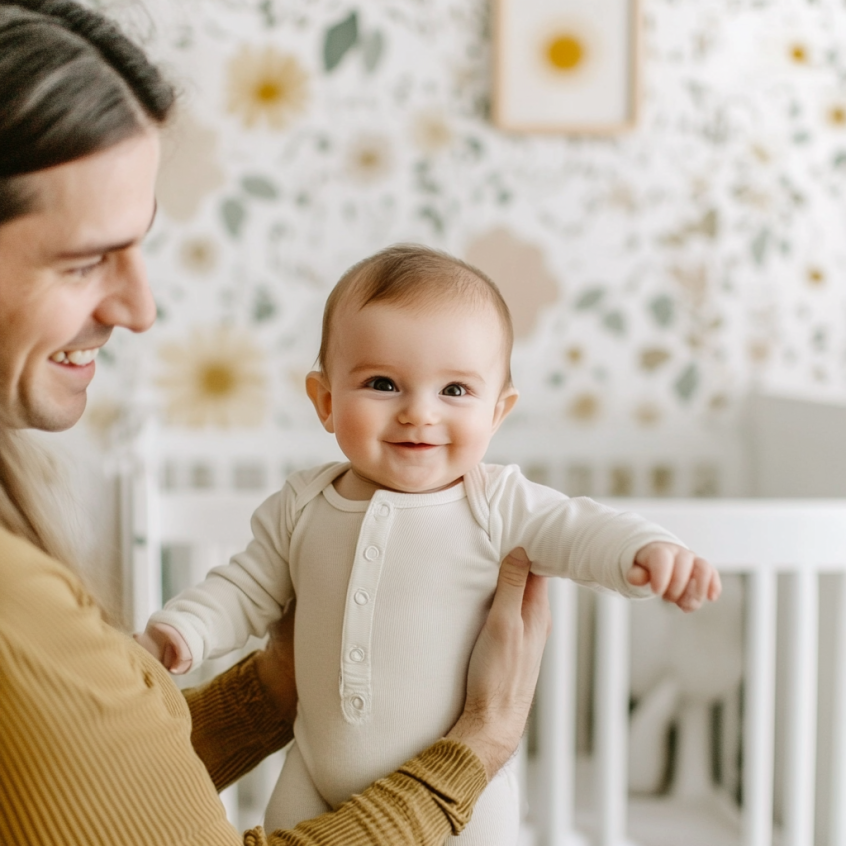
What to Look for When Shopping Organic
Certifications Matter
Not all “organic” claims are equal. Look for these trustworthy certifications :
- GOTS (Global Organic Textile Standard) – The gold standard that certifies the entire supply chain
- OEKO-TEX Standard 100 – Ensures the final product is free from harmful substances
- Fair Trade Certified – Guarantees ethical labor practices
Materials Beyond Cotton
While organic cotton dominates the market, consider these alternatives for specific benefits :
- Organic bamboo : Exceptionally soft and naturally antimicrobial
- Organic wool : Excellent temperature regulation for various seasons
- Organic hemp : Extremely durable and becomes softer with each wash
Conclusion
Opting for organic clothing for babies is not only a fashion choice: it is good for the baby’s health, helps with better sleep routines, and leaves better geologic footprint. The brands in this guide are the best ones in 2025 in terms of quality, sustainable design, and pricing.
Keep in mind, improving conditions for babies to sleep better at night begins with basics like wearing comfortable clothing that is free from irritants. By selecting appropriate options from these organic baby clothing brands, you provide greater opportunities for healthier skin care and better sleep (without the need for cried-it-out techniques).
We’d like to know what you think of these brands or others that promote healthy development for your babies. Please leave us a comment so that we know what you recommend and how they helped your baby!
Frequently Asked Questions
Why are organic baby clothes more costly?
Organic baby clothes are more expensive because they are made from materials that were grown without pesticides or chemicals. In addition, organic baby clothes have stricter manufacturing standards, including fair labor practices. Organic certification can also be expensive. Plus, being made from organic materials is often more durable, leading to items lasting longer or being handed down to siblings, or resold.
How can I tell whether or not baby clothes are organic?
Look out for respected certifications like GOTS (Global Organic Textile Standard) or OEKO-TEX. These certifications can usually be found on the tags for baby clothes or on the packaging. Certifications let you know that the product meets certain organic standards. In addition, check to see if and what the brand\’s transparency is regarding their supply chain and manufacturing processes.
How many organic baby clothes do I actually need?
When it comes to newborns, you will need 7-10 bodysuits/onesies, 5-7 sleepers, 3-5 pants, and there are a few weather appropriate outfits. Keep in mind: babies grow quickly so don’t buy too many of one size. It’s more important to buy quality basics primarily that you can mix and match rather than one outfit they will rarely wear.
Can organic clothing benefit babies with eczema or sensitive skin?
Many parents report improvement in their baby’s skin condition after changing to organic clothing. Organic fabrics tend to be less irritating, and cause fewer allergic reactions with sensitive skinned infants as there is no chemical residue, dyes or harsh processing agents.
What is the best method for washing my organic baby clothing?
When washing your organic baby clothing, you should wash them with a gentle, fragrance free detergent specifically designed for sensitive skin. It is also best to use cold or warm water (not hot) and avoid fabric softeners and dryer sheets, as these items can leave a chemical residue. The best option would be to line dry, but gentle machine drying is often okay too.
Can organic baby clothing help infants with sleep?
While there’s no certain connection, many parents report their baby sleeps much more comfortably wearing organic fabrics. Organic fabrics such as cotton and bamboo are breathable and temperature regulating, possibly helping maintain optimal temperature in bed, and avoiding issue with overheating, which can cause infants to wake at night.
Are there advantages to buying secondhand organic clothes?
Definitely! Many of the advantages of organic clothes stay intact even when they are pre-loved. The fabrics will still be free of dangerous chemicals used by conventional manufacturers. Buying secondhand provides more value and generally has less environmental impact. You will still be able to get great materials for your baby.
Which organic fabric will be best for babies who sweat while sleeping?
Organic bamboo is great for babies who sweat while sleeping because of its high moisture-wicking capabilities. It can absorb 70% more moisture than cotton, and is breathable and temperature controlling.
How long do organic baby clothes last?
Quality organic baby clothes will often last through multiple children when cared for and maintained. Natural fibers tend to hold up better to washing than synthetic blends and will show normal wear – for example, fading – over time.
Are bamboo baby clothes truly organic?
Not all bamboo clothing is organic. While bamboo itself grows easily without pesticides, the process of turning bamboo into fabric (rayon) often involves harsh chemicals. Look specifically for “organic bamboo” or “GOTS-certified bamboo” to ensure truly sustainable production.
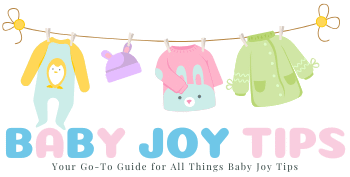
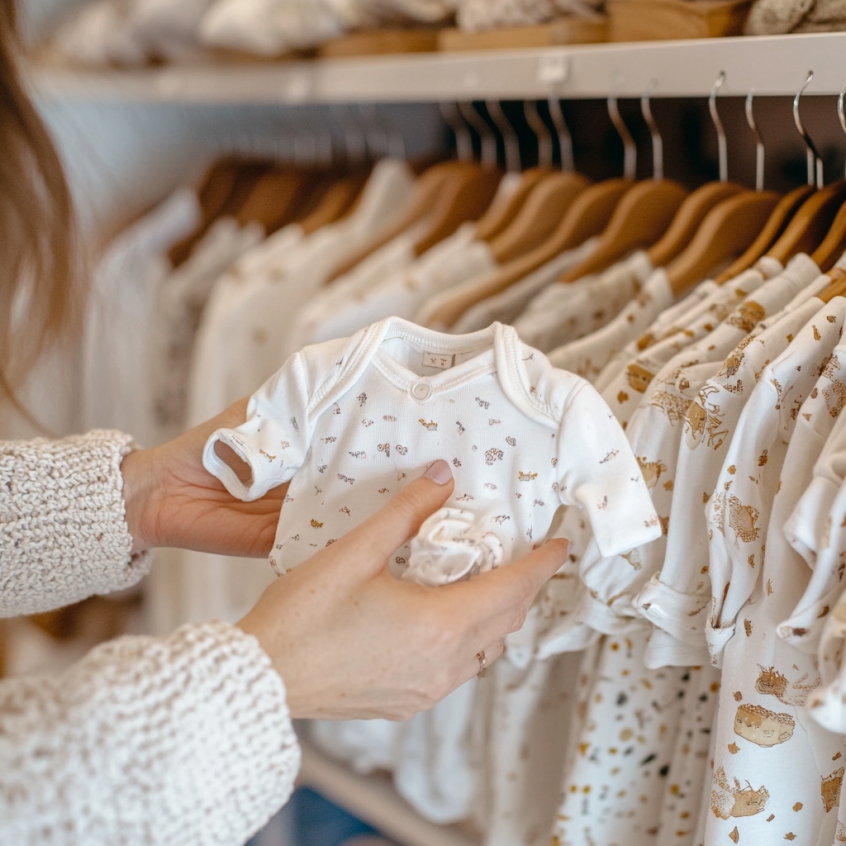
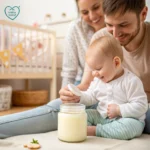

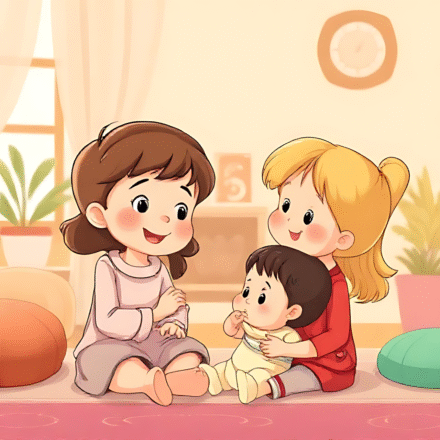
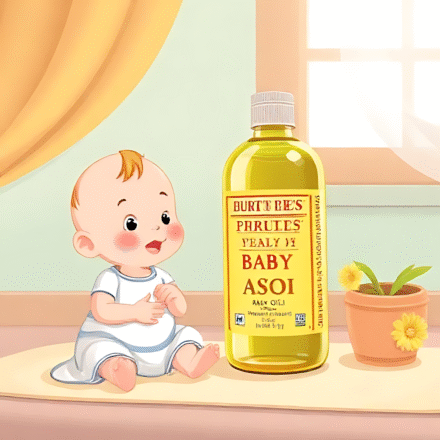
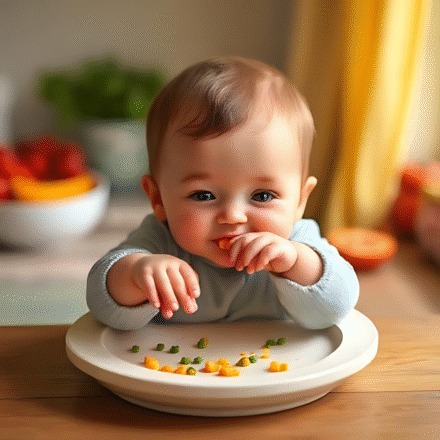
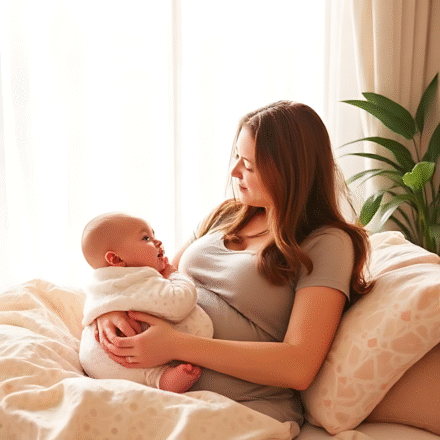
Leave a Comment